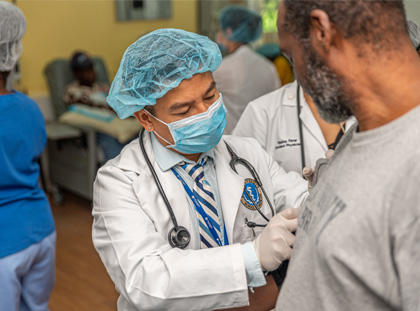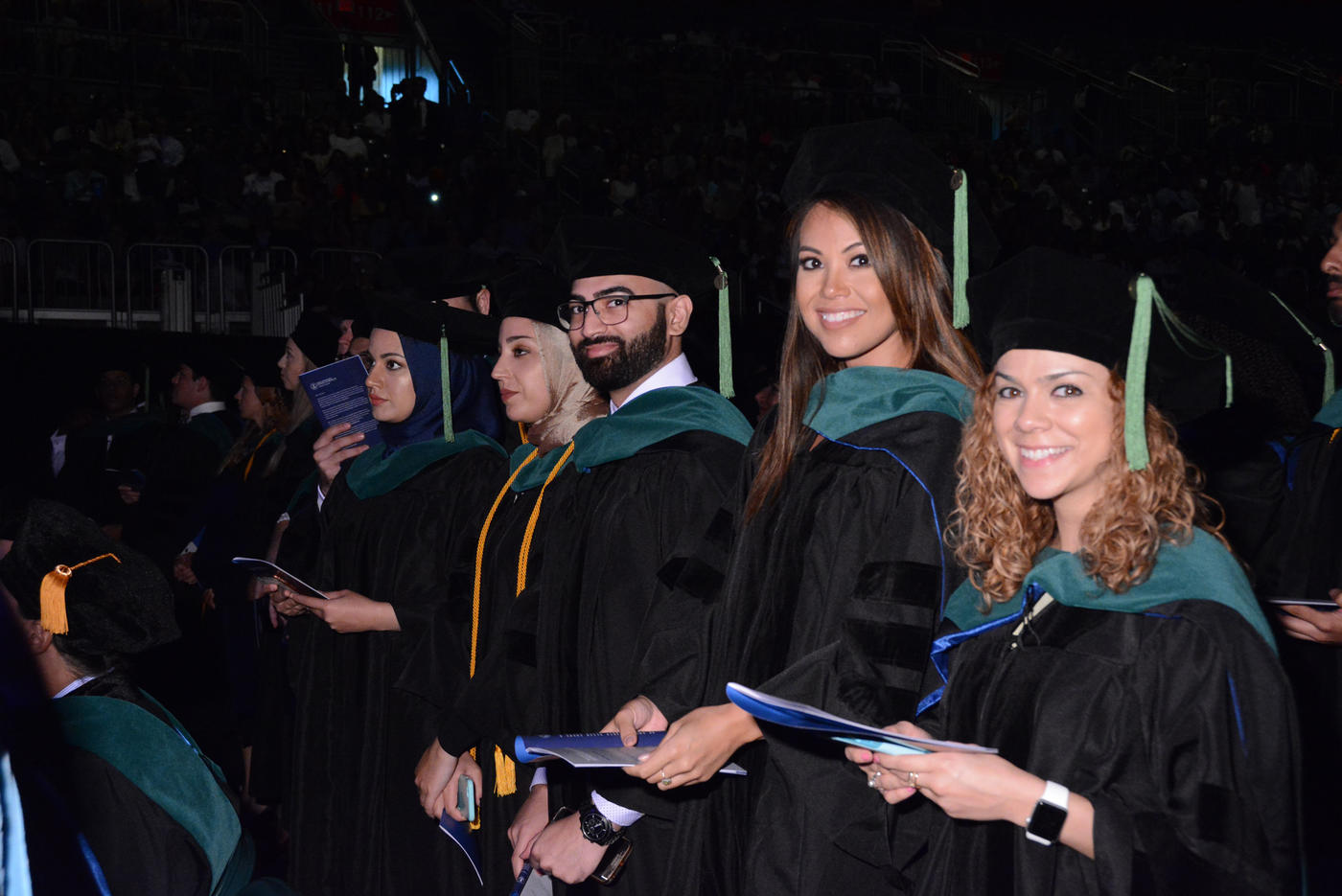The medical school application process may seem a bit mysterious, and consequently, a bit nerve-wracking. While it’s a given that you should have a solid academic history, you might wonder about the other criteria medical schools use to assess potential candidates. What are the characteristics of medical students that typically catch the eye of an admissions committee? Besides a high MCAT score, what is the best way to stand out? Equally as important, what kinds of qualities do you need to succeed in school?
When preparing your medical school materials, such as your personal statement, activity summary and secondary essays, keep these ideal medical student characteristics in mind to highlight when crafting your story. Successful medical school applicants typically demonstrate skills, knowledge, and capabilities in these defined competency areas:
Characteristics of a Good Medical Student: Qualities Medical Schools Look For
- Compassion and respect – a genuine concern and empathy for patients, in addition to a desire to remedy a patient’s illness and care for their psychological well-being. Dedicated physicians have honesty and integrity, good interpersonal skills, and treat patients and other caregivers with understanding and respect.
- Psychological maturity – the ability to withstand stressful situations and react calmly.
- Work ethic - Successful physicians need to have a keen work ethic as well as self-discipline and must continually cultivate their medical knowledge and skills. A clear and sustained commitment to medicine and persistence when the going gets tough are some of the most important qualities medical schools look for in candidates. Reliability, accountability, and good judgment under pressure are essential qualities needed to become an exceptional physician.
- Cultural competence and social consciousness – Doctors need to communicate and work with individuals from varying backgrounds. Strong candidates must show that they will help to bridge the socioeconomic and cultural boundaries of their patients and colleagues. Medical schools want alumni who are committed to improving the world around them. Volunteer work and community service should play a large role in your application to demonstrate this awareness.
- Leadership – the ability to lead a team as well as lend support as a team member.
- Excellent communication and interpersonal skills - This should be demonstrated in your written essays as well as your verbal communication during interviews.
- Practical medical experience and/or research experience – This type of experience will be addressed in the Work/Activities section of the AMCAS application. While academic research is not required by most medical schools, it is highly valued.
To stand out in the admissions process, you’ll need to consider the qualities of medical students who excel in school and demonstrate how your previous experience is a match. These traits will benefit you both in the applications process and through the challenges of medical school, not to mention the qualities you need to be a doctor.
Ross University School of Medicine (RUSM) has a balanced approach when evaluating prospective students for admission. Applicants are evaluated holistically, based on such factors as undergraduate performance, knowledge of the medical profession, interpersonal skills, motivation, personal character and clinical experience.
While GPA and MCAT scores are also considered, we know that physicians face challenges that go beyond high academic scores. This approach has given many of our students a chance they may have not found at other schools.
Ultimately, the characteristics of a good medical student can result in excellent patient care. We believe RUSM is the place for students to hone the qualities and skills needed to become outstanding physicians.
An admissions associate can answer any questions about RUSM and provide additional information to guide you through the admissions process. You can reach the Admissions Office at 855-637-6778 or email admissions@rossu.edu.



